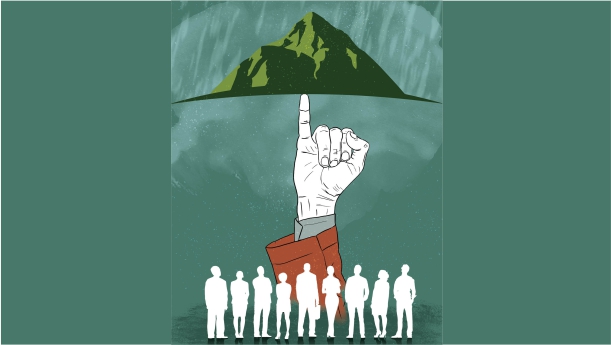
The importance of leadership cannot be undermined in any situation or organisation. Leaders can guide the team to safety during a crisis. All they have to do is assure, empathise, build trust, and communicate.
Log In or become an AIMA member to read more articles
